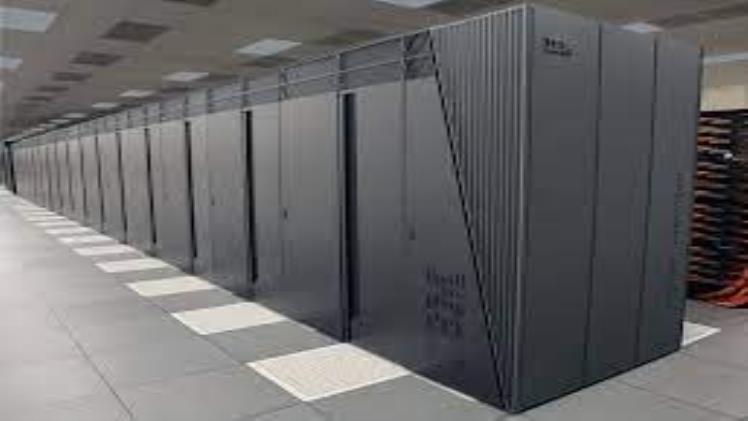A Comprehensive Guide to Using IPv4 Datacenter Proxies to Enhance Performance & Security

What is an IPv4 Datacenter Proxy and How Does it Work?
An IPv4 Datacenter Proxy is a type of proxy server that allows users to access the internet through a secure connection. It works by routing network traffic through a series of proxy servers located in various data centers around the world. This provides users with an anonymous IP address, allowing them to access websites and services without revealing their true identity or location. An IPv4 Datacenter Proxy is often used as an alternative to traditional VPNs or other proxy services due to its speed and reliability. It also offers several additional benefits such as reduced latency, increased privacy, and enhanced security.
Exploring the Different Types of IPv4 Proxies Available for Businesses
Businesses of all sizes are increasingly relying on proxies to protect their online security and data privacy. IPv4 proxies are the most widely used type of proxy, allowing businesses to access restricted websites, bypass geo-location restrictions and hide their IP address.
The different types of IPv4 proxies available for businesses include residential proxies, shared proxies, dedicated proxies and rotating proxies. Such proxies are available at proxy-sale.com/en/, for example. Residential Proxies are the most secure type of proxy as they use real IP addresses from ISPs around the world. Shared Proxies are a cost-effective option for businesses that need to access multiple websites but don’t require a high level of security. Dedicated Proxies provide businesses with a single IP address that is not shared with anyone else and is used exclusively by them. Rotating Proxies allow businesses to switch between multiple IP addresses at regular intervals for better anonymity and security when accessing restricted websites or services.
Benefits of Using an IPv4 Datacenter Proxy for Your Business
The use of business proxies has become increasingly popular in recent years. Proxies provide businesses with the ability to access the web anonymously, securely, and quickly. By using an IPv4 datacenter proxy for your business, you can take advantage of the higher performance and better security that comes with IPV4 technology. This article will discuss the benefits of using an IPv4 datacenter proxy for your business, including improved performance over IPV6 proxies as well as enhanced security measures. Additionally, it will compare IPV6 vs. IPV4 performance to help you make an informed decision about which type of proxy would best suit your needs.
How to Set Up and Configure an IPv4 Datacenter Proxy?
Setting up and configuring a datacenter proxy server is an important step in ensuring secure and reliable access to the internet. A datacenter proxy server is a computer that is located within a data center and acts as an intermediary between users and the internet. It can be used to protect user privacy, hide IP addresses, bypass geo-restrictions, and increase speeds for certain websites or services. This guide will provide instructions on how to set up and configure an IPv4 datacenter proxy server.
What are the Best Practices for Securing Your IP
Securing your intellectual property (IP) is essential for any business. It helps protect the company’s ideas, products, and services from being copied or stolen. This makes it important to understand and follow best practices when it comes to IP security.
Some of the best practices for securing your IP include registering copyrights, trademarks, and patents; using encryption; conducting background checks on employees; and limiting access to sensitive information. Additionally, companies should develop a comprehensive security plan that outlines procedures for protecting confidential data and dealing with potential breaches. By following these steps, businesses can ensure their IP remains secure.





